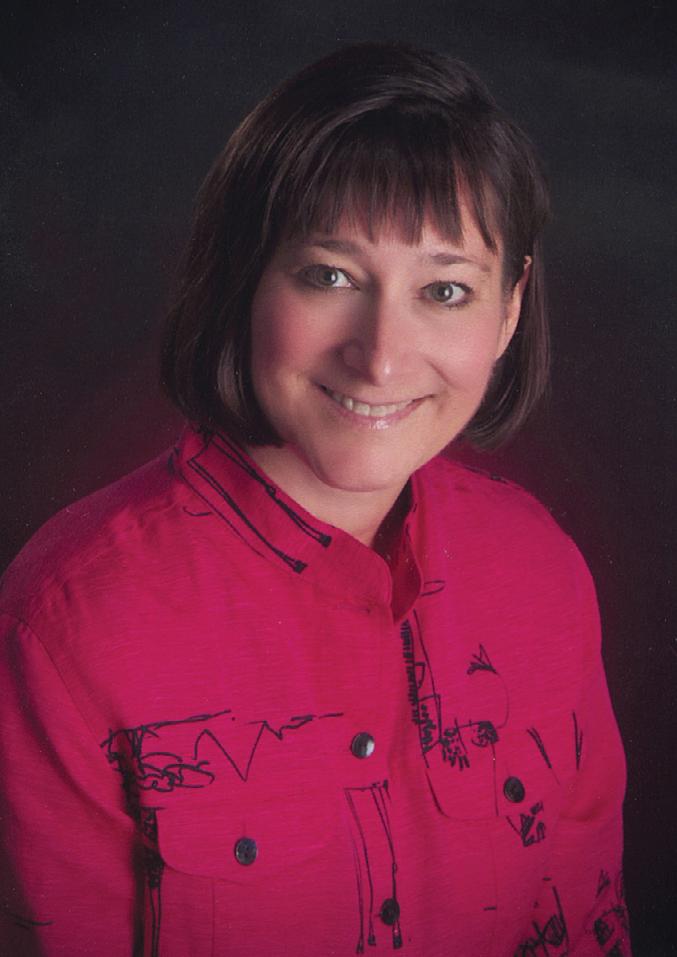
5 minute read
TRUTH OR CONSEQUENCES
Dr. Daniel Laskin
Reprinted from Volume 61, Number 6 of the Virginia Dental Journal - December 1984
PREFACE: In 1984 Dr. Daniel Laskin was awarded the Gies Award by the William J. Gies Foundation for the Advancement of Dentistry, Inc. Dr. Laskin was the Editor of the Journal of Oral and Maxillary Surgery. His award-winning editorial “Truth or Consequences” was published in the April 1982 edition. He is probably better known and recognized to us as being a past Professor and Chairman of the Oral and Maxillary Surgery Department at MCV Dental School.
Dr. Laskin was also awarded a special award in 1983 by the Gies Foundation for the past Gies Awards he had won in 1978 and 1979 along with an honorable mention in 1975-77 and 1980.
I believe that in reading Dr. Laskin’s 1982 editorial “Truth and Consequences” today in 2022 you will notice not much has changed. A high level of ethical behavior should always be the standard set for any profession and especially us as healthcare professionals.
— Dr. William J. Bennett
Professional ethics is a subject that is frequently discussed, universally endorsed, but unfortunately sometimes forgotten in our everyday lives. Most of us have probably never bothered to read the Principles of Ethics of the American Dental Association or the Code of Professional Conduct of the AAOMS even though we subscribed to these codes when we subscribed to codes when we became members of the organizations. However, although everyone could benefit from a review of these documents, because they contain details about certain specific situations related to our profession with which we may be unfamiliar, one does not actually have to read them to be able to figure out the general principles involved. There have been many definitions and descriptions of ethical behavior, but eventually they all boil down to knowing the difference between right and wrong. This seems simple enough, and yet we can still find daily examples where some of us have difficulty in making this distinction. Is it because we do not understand the difference or because we disregard it? There are probably instances where both situations occur.
Although we may not condone such behavior, it is easy to understand that a person can know the principles of professional conduct and still violate them for various reasons. It is more difficult to comprehend how one cannot know what is and is not ethical. And yet, we constantly hear such rationalization as “no one is perfect”, “it’s a matter of opinion,” or “it depends on the situation.” There is no room for compromise on ethical principles. Once this occurs the boundaries of justification become broader and broader. One should not have to think about ethical behavior- it should be a matter of habit.
Wrong as it may be, there is a tendency on the part of many of us to tolerate unethical conduct. Sometimes this is because we are too apathetic or because we do not have the courage to take the proper steps to discourage it. Other times, it is because we are content merely to comply with ethical standards ourselves, and we feel no obligation to be responsible for the conduct of others. Worst of all is the attitude that a little lying and cheating really doesn’t hurt anyone and that most people do it. It has even been suggested that many people do not really consider such behavior dishonest, and that it can be condoned, particularly when it involves large businesses, like insurance companies, or the government. Such philosophies obviously carry rationalization to the nth degree.
You may ask, “why this sudden concern about professional ethics?” Is the situation any different than it has always been? Maybe not, although there is a tendency toward lower standards when the economy is depressed. What is different is the increasing concern about our ethical behavior. Hill has proposed the law of the seesaw “as the weight of honesty and ethics goes down, the weight of centralized authority and coercive regulations goes up.” Part of the definition of the profession is that its standards of ethical conduct are enforced by selfdiscipline rather than laws. It is fine to have a Code of Professional Conduct, but words without action are insufficient. If we do not regulate ourselves, others will.
It is difficult, if not impossible, to teach a grown person self-discipline, honesty, and responsibility. These characteristics are learned early in life. However, subsequent experiences can either reinforce or weaken them. It is our obligation to recognize such qualities in the students who we accept into dentistry, in the trainees who enter our advanced educational programs, and in our professional colleagues, and to nurture them by encouragement and example. But when such methods fail, we must also have the courage to speak out against the misconduct of our peers and take strong action. We cannot permit criticism of our profession and loss of public trust to occur as a result of the activities of those few who attempt to adjust and manipulate ethical standards to meet their own selfish goals. Nor can we afford to let others outside the profession take the responsibility for the regulation that we ourselves must assume.









